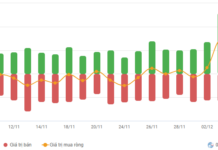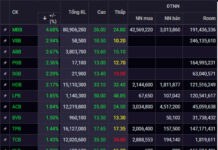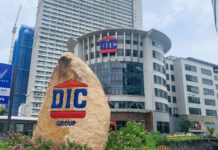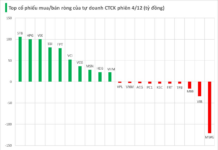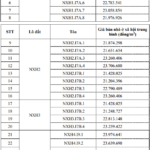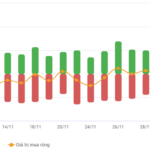
Binance Icon. (Photo: Reuters/TTXVN)
|
Binance – the world’s largest cryptocurrency exchange, is facing difficulties in expanding in South Korea as the financial authorities have not granted approval for the company to acquire the 5th largest Korean exchange, GOPAX.
In early February, the Chinese cryptocurrency exchange Binance took over Streami, the operator of GOPAX. Since then, Binance has been facing challenges in the process of obtaining the final license as a Virtual Asset Service Provider (VASP) in South Korea.
The Korean financial regulatory agency handling this issue has been delaying the approval process, urging GOPAX to submit additional legal documents and requesting Jeonbuk Bank, GOPAX’s partner, to participate in additional risk assessments.
Concerned about the slower-than-expected approval, Binance has replaced GOPAX’s top management multiple times this year alone. However, GOPAX has still not made progress working with the Korean regulatory agency.
Sources in the industry say that Korean authorities are likely to maintain their current stance on Chinese capital expansion in the country.
A source within the cryptocurrency industry said: “Korean financial supervisory agencies continue to deny permission for Chinese cryptocurrency companies to conduct business here, so it will be very difficult for Binance to obtain a license without strong changes in the position of the regulatory agencies.”
The source also added that South Korea is tightening regulatory guidelines across the entire digital asset industry, making it difficult for Binance to expand its presence here at the moment.
This is in contrast to the current situation in Japan’s digital asset industry. The Japanese government recently provided strong tax incentives for digital asset businesses.
Last month, Binance officially launched Binance Japan, while also praising Japan’s legal environment.
According to data from the digital asset tracking tool CCData, the trading volume of Upbit – South Korea’s dominant digital asset exchange, ranked second worldwide in July, reaching $30 billion (39.7 trillion won).
Tran Quang

